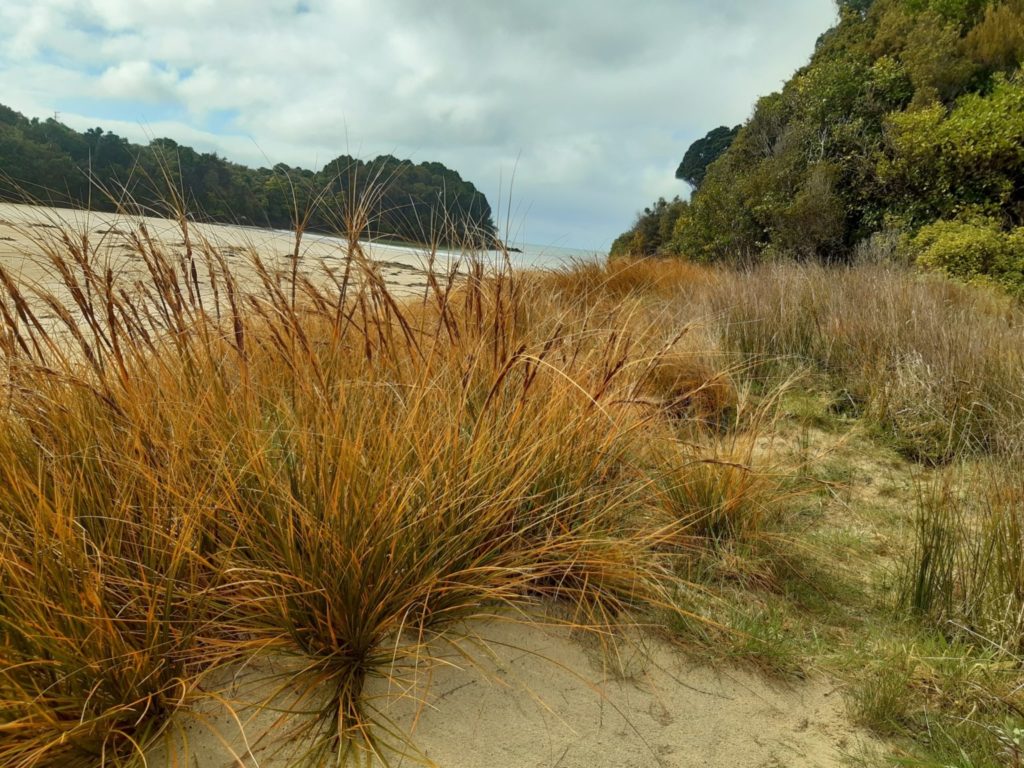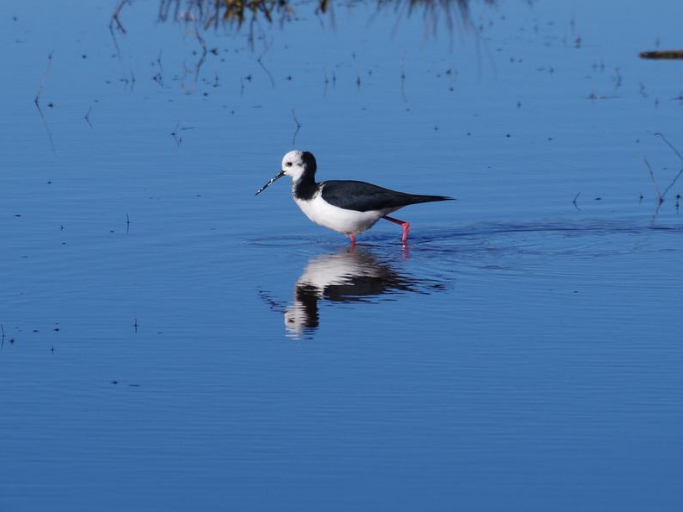ON THIS PAGE
Introduction
Te Tiriti was written in 1840 and is considered the founding document of Aotearoa New Zealand.
Its intent was to create an ongoing relationship of mutual benefit to tangata whenua (Māori) and tangata tiriti (all others who have come to NZ).
Te Tiriti was written in both English and te reo Māori, but the two versions are not identical in their meaning.
You can read Te Tiriti in full (in English and te reo Māori) on the New Zealand History website.

How does Te Tiriti apply to community groups?
CommunityNet Aotearoa has a chart outlining Te Tiriti principles and how they apply to groups. Here is a summarised version:
| PRINCIPLES | HOW THEY APPLY TO YOUR GROUP |
|---|---|
| Kawanatanga (governance) | Consider the interests of Māori |
| Rangatiratanga (self management/control) and equality | Protect Māori rights and access |
| Co-operation | Build relationships, value differences, share knowledge, and learn and work together (kotahitanga) |
| Redress (now acknowledged by the Crown as a process for resolving grievances) | Acknowledge past injustices and ensure principles are upheld |
Honouring Te Tiriti is about more than simply reading the document and writing one group policy. It will be an ongoing, evolving process across the organisation.
How to begin:
Even if your group isn’t new, it’s never too late to begin honouring Te Tiriti in your policies and strategy.
- Include mana whenua as a partner from the very beginning.
- Think about what your group is trying to achieve and how the wider community will benefit (or is benefiting) from your work.
- Think about the history of the area, and how this history has impacted mana whenua. What has happened so far? What issues are being faced now?
- Find out more about your local iwi or mana whenua and think about how to form a partnership or relationship. The key is to get in touch with them early on, describe your project, and ask for their thoughts and how you might work together.
- Look for existing projects and services involving Māori in your area.
- If you haven’t already, learn te reo (and how to pronounce the words!). See 50 Māori Words Every New Zealander Should Know.
- Learn about Mātauranga Māori and how it could apply to your projects.
- Understand how different approaches can benefit everyone.
- Consider how new relationships (with different cultures, values and processes) will affect your approach to governance.
- Think about your volunteer process – is it inclusive?
- Talk about Te Tiriti with your staff and volunteers.
- Make it relevant to your group.
Inspiring Communities has shared advice on engaging with tāngata whenua:
- Think about why you want to meet, who the meeting is for, and how attendees will benefit. Try to anticipate their needs.
- If attending a hui, be prepared for tikanga/protocol (hongi, waiata, pepeha).
- If you can, find a connection/guide – someone with knowledge and experience to support you as you navigate new waters.
- Be open to different ways of thinking and don’t force your own opinions. Find out other people’s views. Show respect.
- Long term relationships are about building connections. Don’t just pop in and out of meetings. Stay and listen.
- Start talking and thinking about it – it’s okay to admit that you don’t know everything and are feeling out of your depth sometimes. It’s a learning process.
What are some examples?
- Barnardos wrote Ngā Pou e Whā, their Māori strategy, and implemented it across the organisation. They also appointed a Manager of Māori Development and began organising two hui each year. Find out more.
- As part of their training process, Youthline Otago took trainees to a local marae and hired kaitiaki (mentors) to support them and answer questions. Inspired by this experience, many trainees now use te reo at the office. Find out more.


